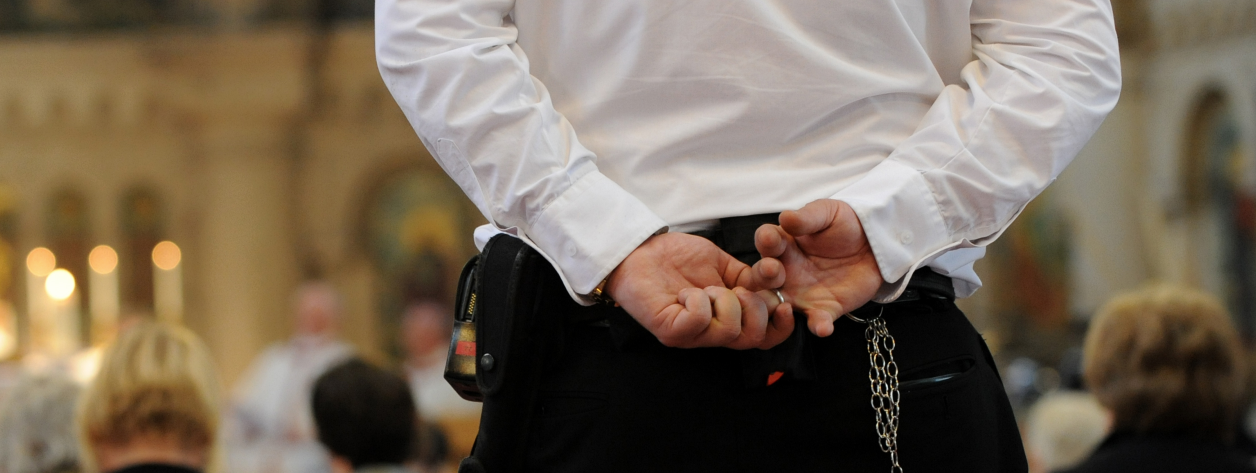By Fr Gerry McFlynn, Manager of Irish Council for Prisoners Overseas at Irish Chaplaincy
In the late 1970’s and early 1980’s, the Irish Chaplaincy (CSAN member) became engaged in caring for the personal, social and family life of Irish emigrants. Various members especially developed concern over the problems facing Irish prisoners in England and Wales and their families at home in Ireland. As a result, the Irish Council for Prisoners Overseas (ICPO) was born in 1985, and it has been providing an outreach service to Irish prisoners and their families ever since.
For many people ICPO is known for its support of high-profile cases such as the Maguire Family, the Birmingham Six and the Guildford Four. While we are pleased to be of assistance to those prisoners and their families, the ICPO’s involvement in such cases has sometimes led to a narrow perception of its real role and activities. The reality is that the ICPO works with ordinary rank and file prisoners and their families every day. Today, most of the ICPO’s work is away from the media spotlight.
The bulk of day-to-day activity involves serving prisoners and their families, many of whom feel isolated and helpless on first hearing of a loved one’s detention. This means offering advice, organising letters and prison visits, as well as helping with modest financial assistance. Other activities include the mailing of Christmas Day and St Patrick’s Day cards and a twice-yearly newsletter.
As well as addressing immediate concerns of prisoners and their families, ICPO also carries out advocacy work on their behalf. Key advocacy issues in recent years have included the deportation of Irish prisoners and, more recently, the plight of IPP (Indeterminate Public Protection) sentenced prisoners wishing to be repatriated to Ireland.
We work for all Irish prisoners wherever they are and make no distinction between prisoners of different religious faiths, convictions or status. More than 1,200 Irish-born people are now imprisoned in countries as far afield as Australia, Saudi Arabia, Thailand, the USA and South America. Irish prisoners now constitute the second largest ethnic group in prisons in England and Wales. They are to be found in regions that have large Irish populations such as London, the West Midlands, Merseyside and Greater Manchester. But, there is scarcely a prison in the country which doesn’t have an Irish prisoner. Visits to prisons are usually made via the prison Chaplaincy or the Diversity and Equality department.
Around 45% of Irish prisoners come from a Traveller background and many have learning difficulties. To help such prisoners, the ICPO works closely with the Irish Chaplaincy’s Traveller and Equality Project, which has done sterling work in recent years in bringing Traveller issues to the attention of the Prison Service. We have also developed a close relationship with the Irish Embassy in London in respect of other issues affecting prisoners.
The ICPO, and the Irish Chaplaincy as a whole, is a practical expression of concern for the most vulnerable of Irish emigrants and is appreciated not only by the prisoners themselves and their families, but also a wide range of caring agencies. It performs a valuable function in reminding the Government that the human needs of prisoners cannot be dictated by political or financial considerations. Furthermore, the organisation takes the view that the only punishment imprisonment should impose is a loss of liberty. Otherwise, prisoners should be treated with the same respect accorded everyone else in society.
Speaking at our 25th anniversary celebration, the former Irish President, Mary McAleese (herself a founding member of the ICPO), said: “Over the past twenty-five years, as many people turned away from prisoners and washed their hands of them, it was your (ICPO) unexpected and reliable hand of friendship which let prisoners know that they had an innate dignity that no system could overwhelm and no act of their own could obliterate.”
The ICPO can be contacted at: 50-52 Camden Square, London NW1 9XB, Tel: 0207 4824148
This article first appeared in the CSAN ‘Caritas in Action’ column in the Catholic Times on 19.05.17

